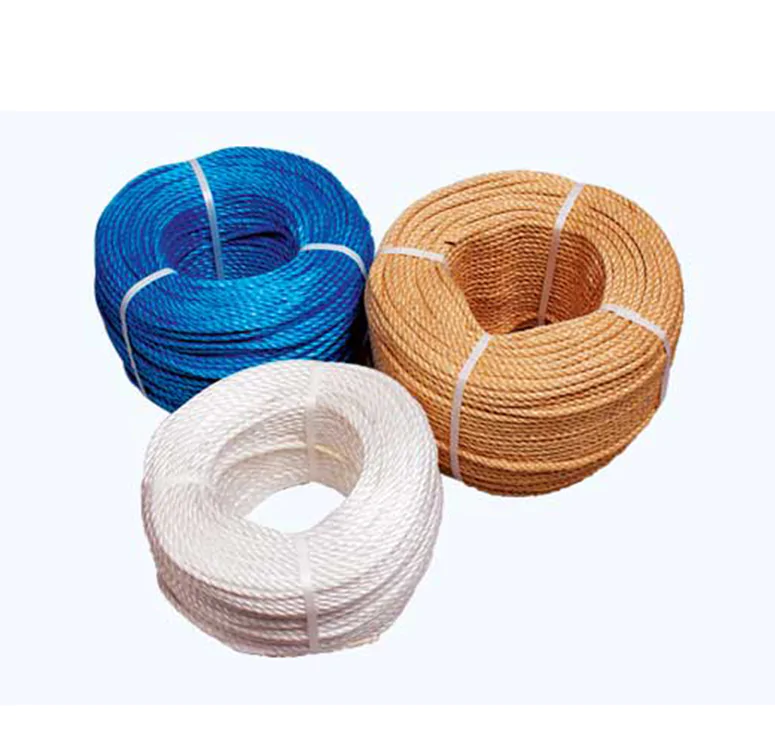
Overview
We keep large stocks of twisted ropes, these ropes mainly are available in 3 strands however we can supply 4 strand twisted ropes to order. Twisted ropes begin at 3mm diameter however we are able to supply twisted ropes up to 96mm diameter on request.
Material
Polypropylene
Polypropylene (PP), also known as Polypropene, is a thermoplastic polymer used in a wide variety of applications. It is produced via chain-growth polymerization from the monomer propylene. Polypropylene has a melting point of 160 °C and the fibre floats. Various forms of Polypropylene yarns are used to produce ropes such as Split film, Yarn construction, multifilament, and monofilament each type produces a rope with different properties and uses.
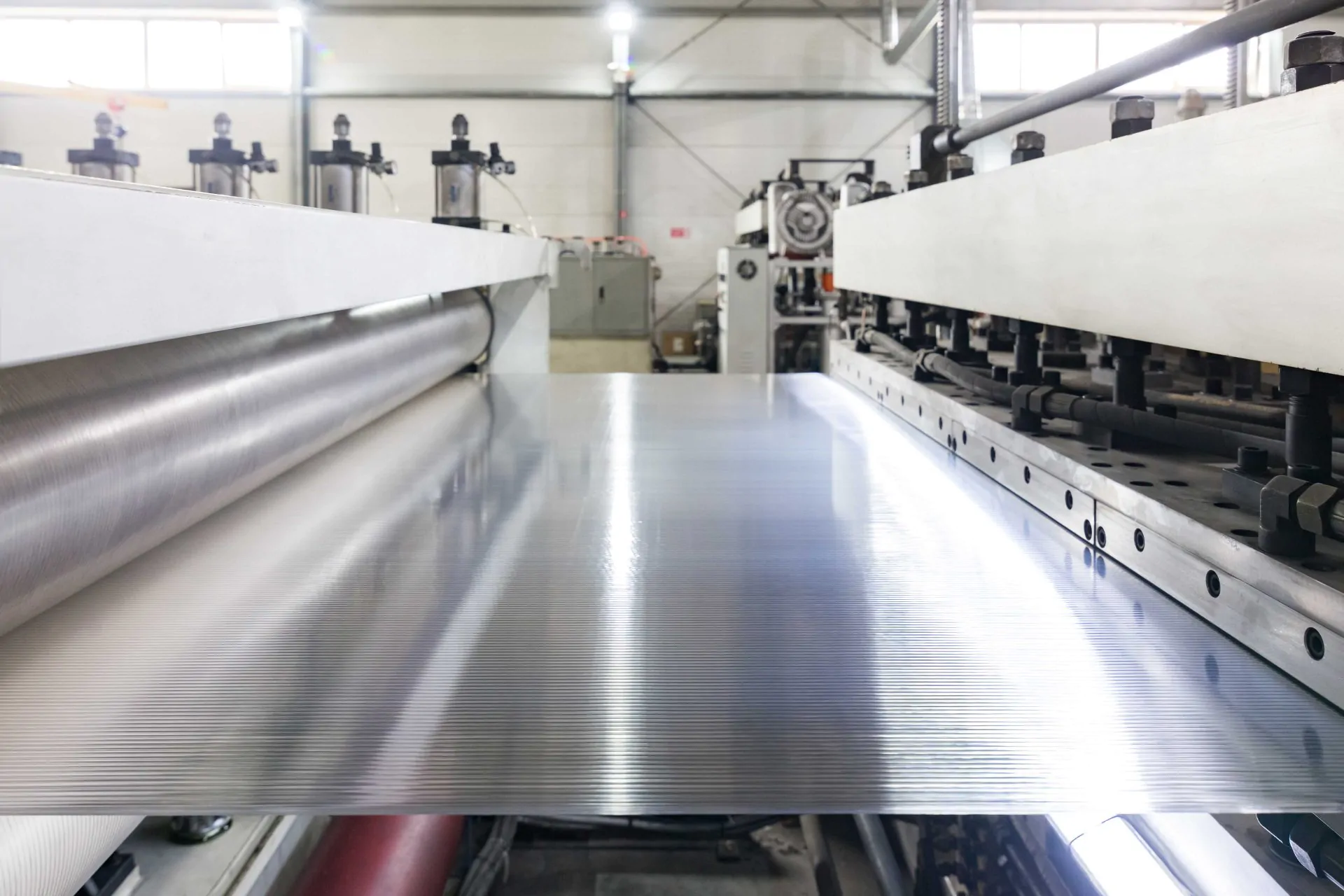
Cotton
Cotton is a soft, fluffy staple fiber that grows in a boll, or protective case, around the seeds of the cotton plants of the genus Gossypium in the mallow family Malvaceae. Cotton fibre prodcues a soft natural fibre rope ideal for display purposes.
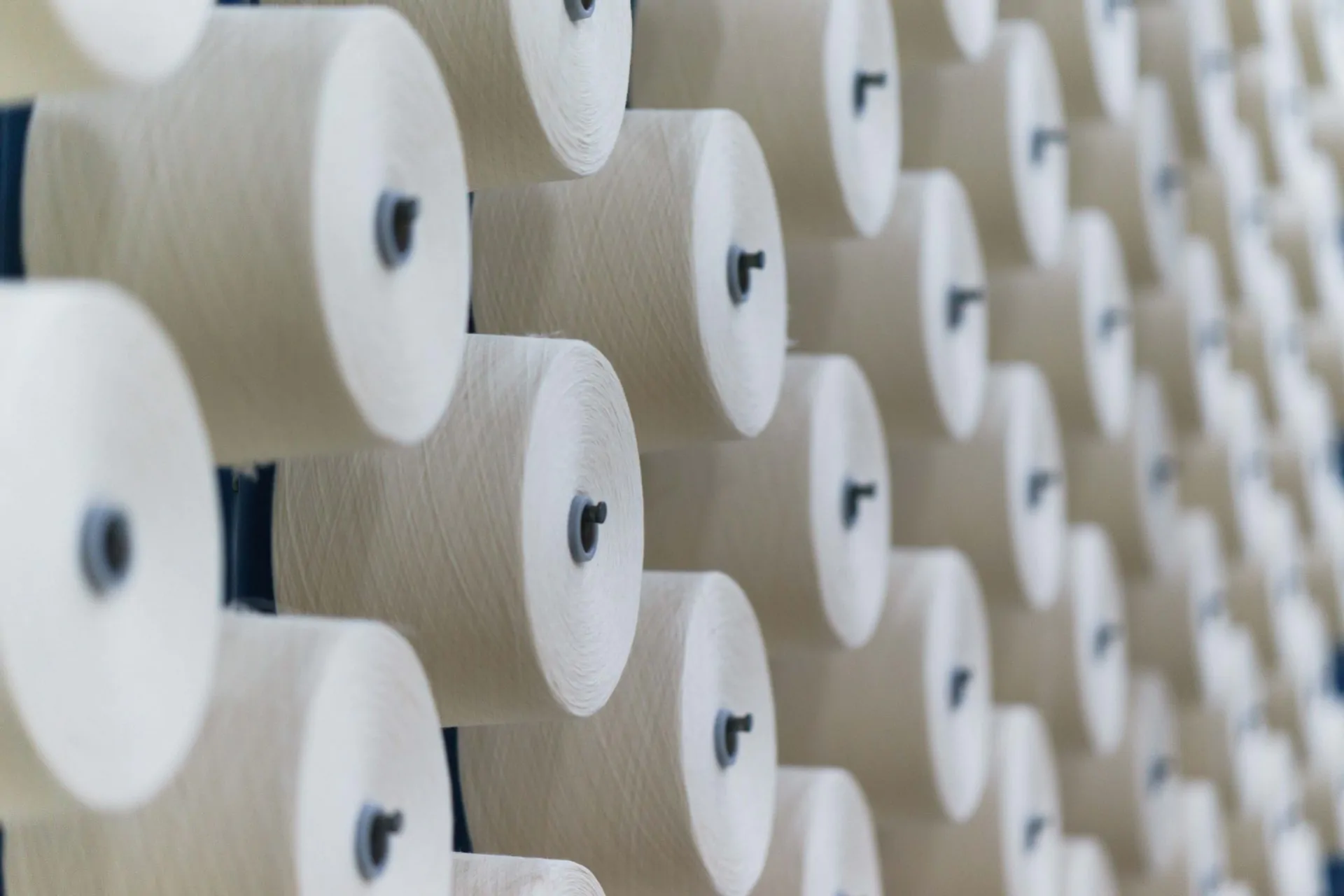
Hempex®
Hempex® is a Polypropylene staple fibre, manufactured in the traditional bast fibre yarn-spinning procedure in natural hemp colour. The fibre has a very good UV resistance, it also floats and has a good break load with low elongation.
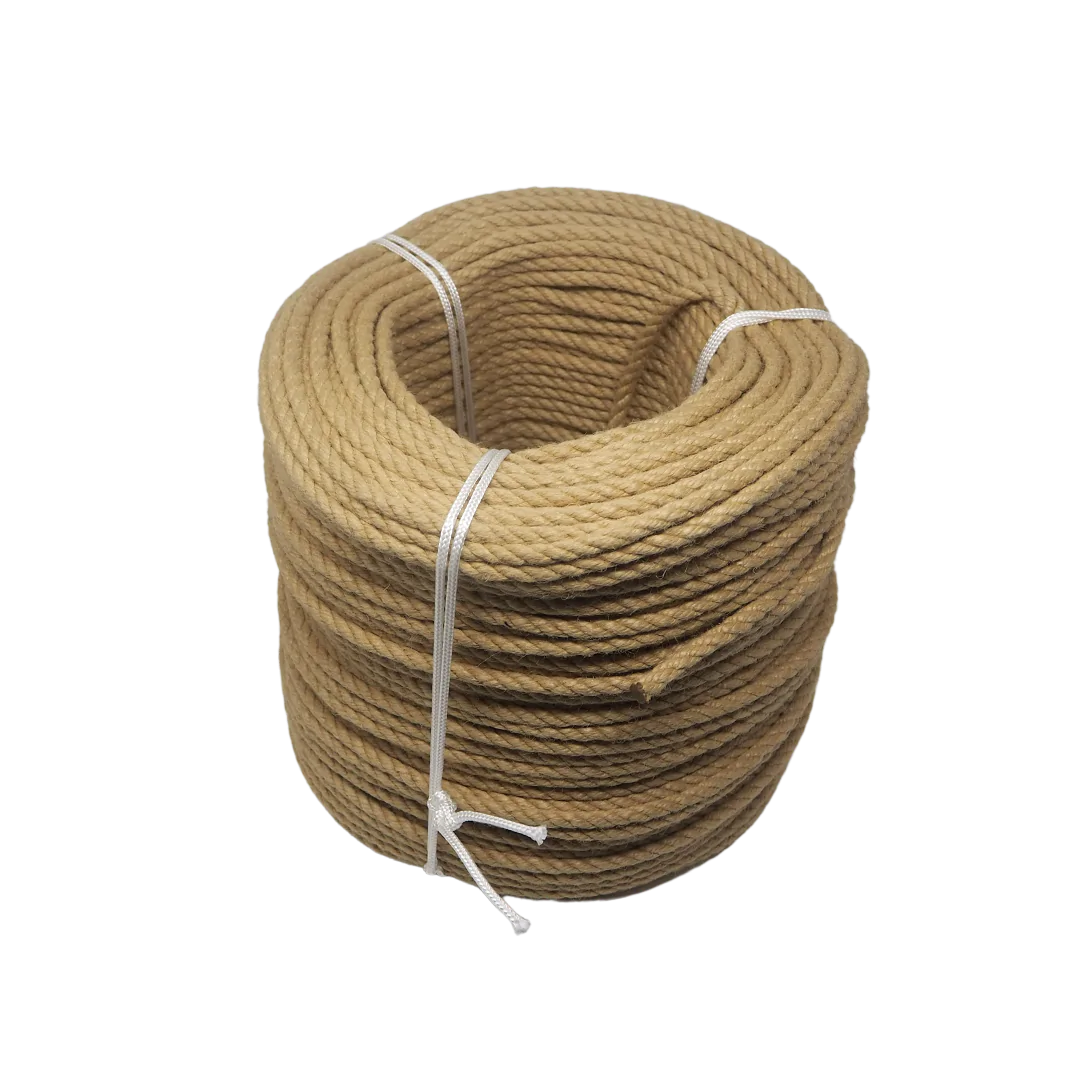
Manila
Manila is a type of fibre obtained from the leaves of the abacá. The name refers to the capital of the Philippines, one of the main producers of abacá. Manila is very durable and resistant to salt water it is a strong natural fibre and ropes produced from this natural fibre are used for many applications.
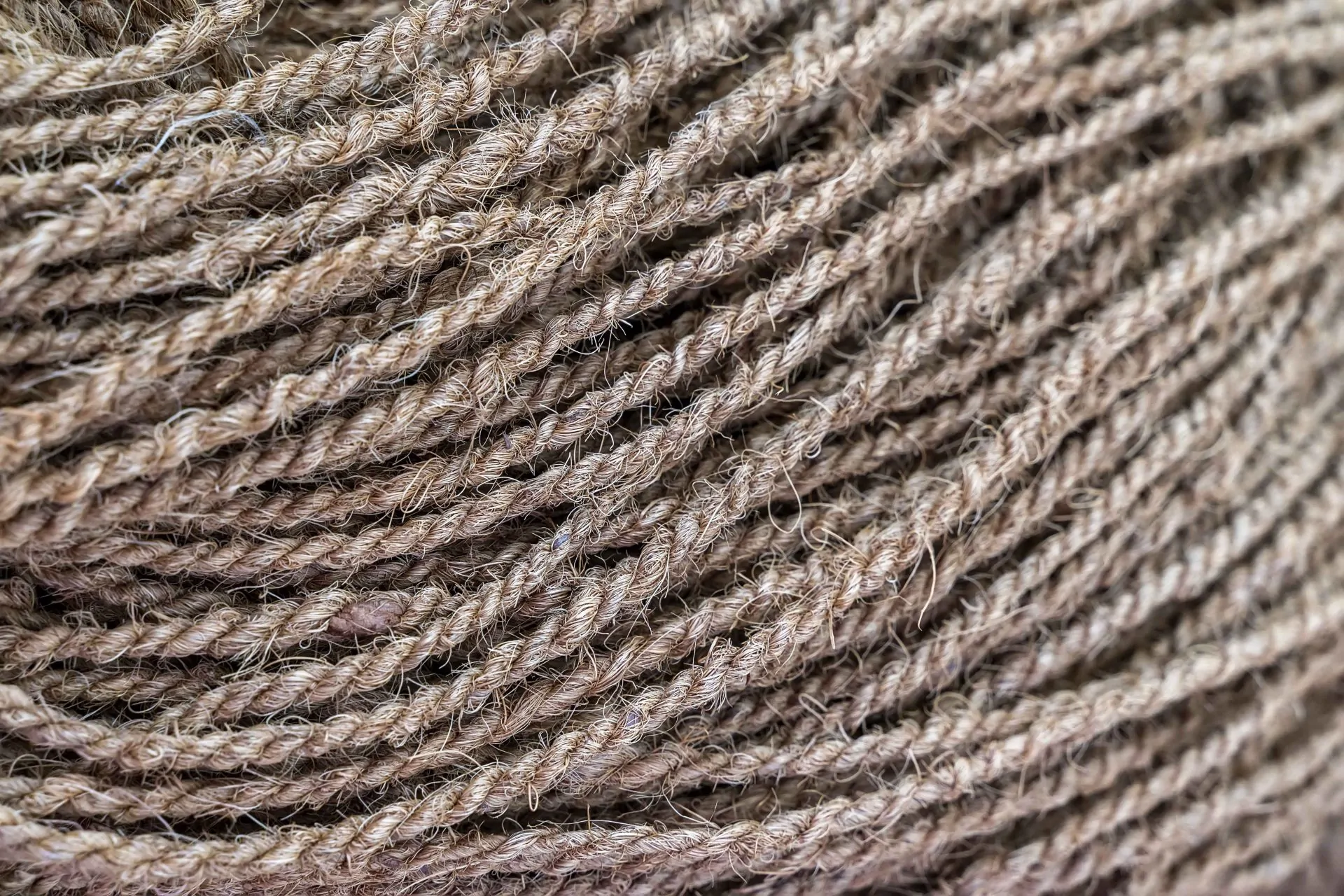
Nylon
Nylon (or Polyamide) fibres are stronger than Polyester fibres and provide greater stretch (elongation), Ropes produced with Nylon fibres can lose upto 15% strength when wet. The specific gravity of Nylon is 1.14 which makes it sink, the fibre has a melting point of 250 degree C.
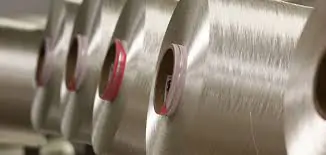
Polyester
Polyester has a specific gravity of 1.38 which means it will not float. Polyester has no strength loss when wet, it is flexible and has good abrasion resistance. Polyester fibres also have good resistance to chemicals and have a melting point of 295°C.
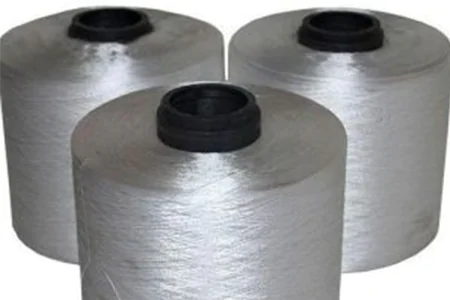
Sisal
Sisal fibre for ropes normally comes from Africa and Brazil, it is a stiff strong natural fibre that we make into natural twisted ropes and twines. Sisal is a light beige colour and the ropes and twines are normally left natural but they can also be treated for weather protection.
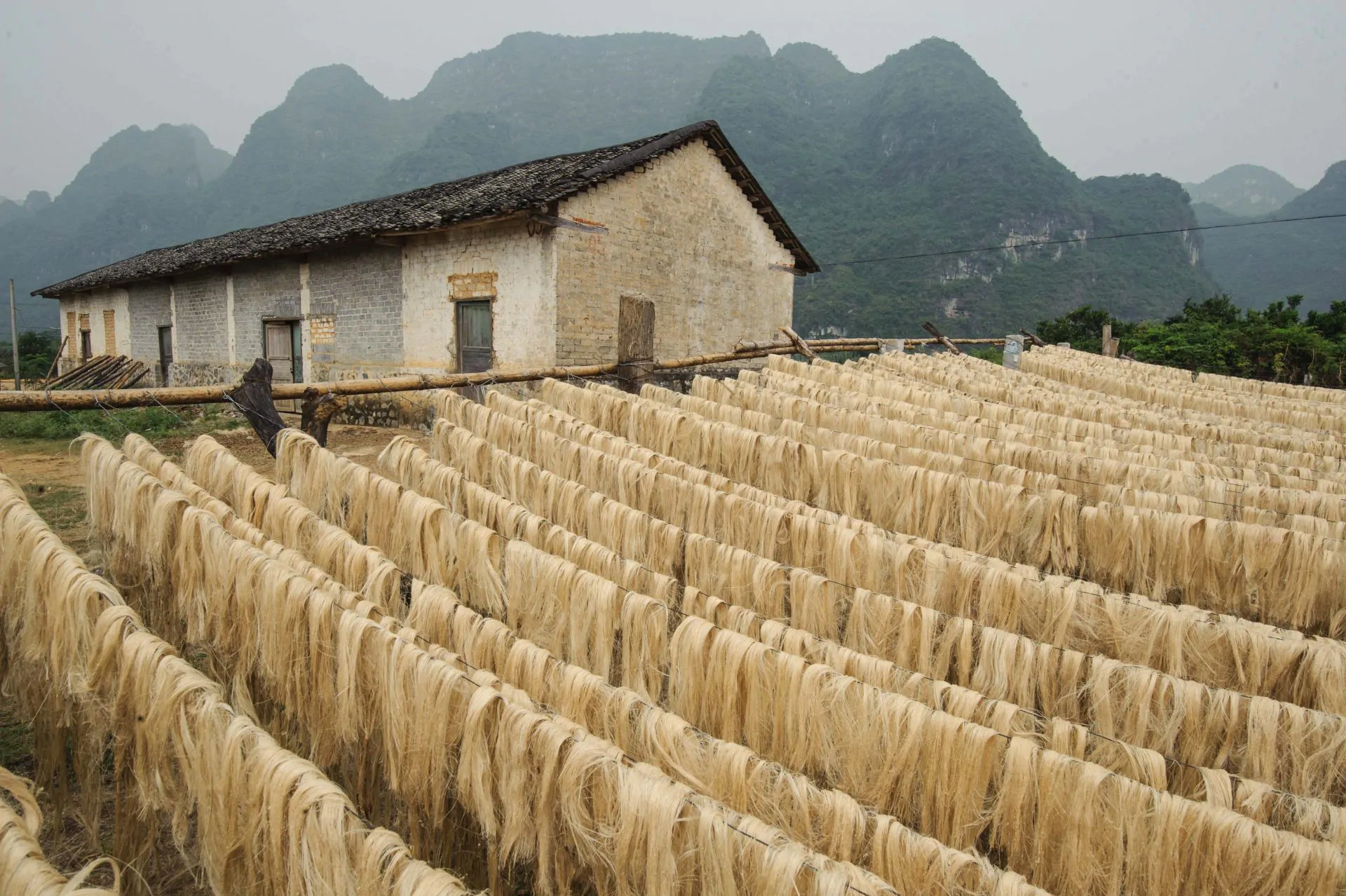
Product Markets